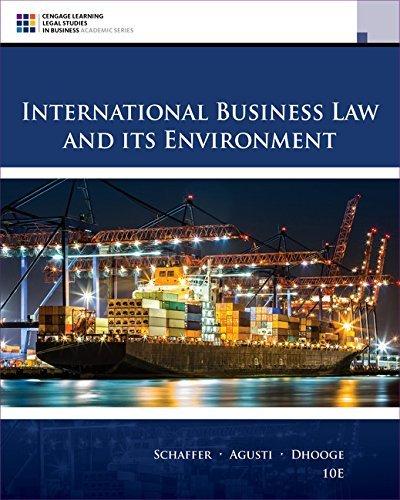Question:
Throughout the 1970s, European consumers became more concerned over the use of hormones to speed the growth of livestock. Their fears were in part based on the fact that some people had been injured by the illegal use of certain banned hormones. Some consumer organizations boycotted meats. By 1986, the EC had banned the sale of beef from cattle given growth hormones. The EC maintained that such measures were necessary to protect public health (primarily from hormone-related illnesses and cancer) and necessary to restore confidence in the meat industry. The United States began contesting the hormone ban in 1987 at GATT. In January 1989, the United States introduced retaliatory measures in the form of 100 percent ad valorem duties on a list of products imported from the European Communities. The United States, together with Australia, Canada, New Zealand, and Norway, maintained that the ban was unlawful under the 1994 Agreement on the Application of Sanitary and Phytosanitary Measures (SPS Agreement) and brought this complaint. The United States argued that the ban was not based on an assessment of risk, not based on scientific principles, more trade-restrictive than necessary, and a disguised restriction on trade. [T]he European Communities requested the establishment of a panel to examine this matter, and the United States terminated its retaliatory action entirely. Prior to the ban, U.S. firms had exported hundreds of millions of dollars of goods annually to Europe. After the ban, exports plummeted to nearly zero. The European Communities argued that its measures offered equal opportunities of access to the EC market for all third-country animals and meat from animals to which no hormones had been administered for growth promotion purposes.
1. What was the role of the panel in settling this dispute under the SPS Agreement? Did it make its own determination and draw its own scientific conclusions about the effect of beef hormones on human health, or did it give total deference to the conclusions of the EU scientists?
2. What factors were taken into account to determine whether a sanitary measure violates the SPS Agreement?







